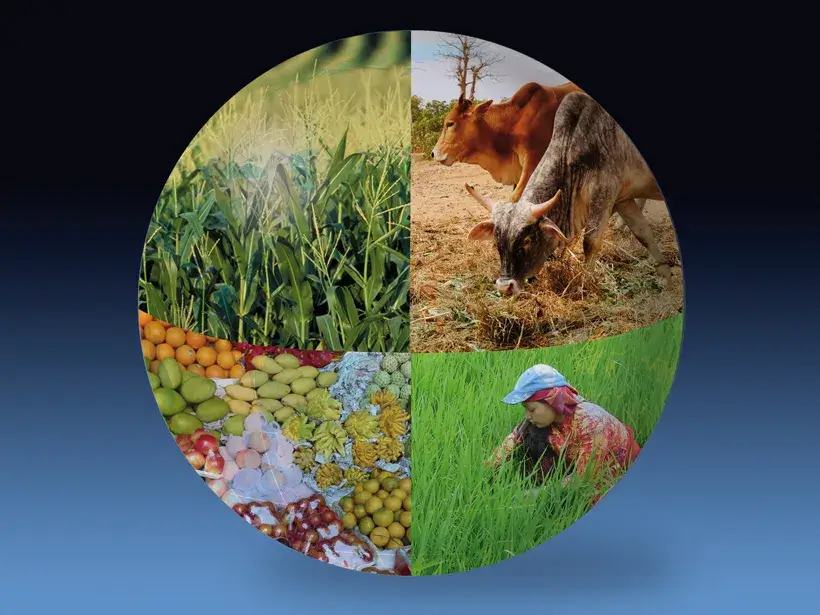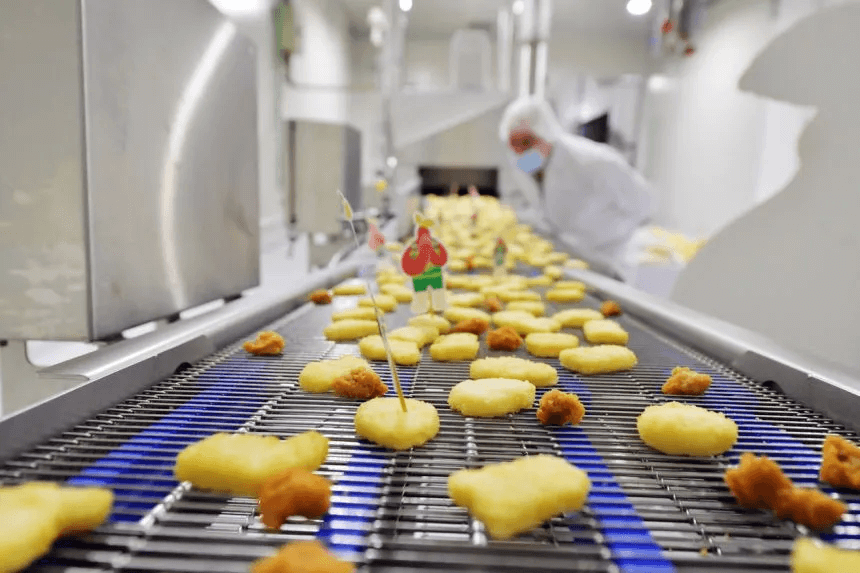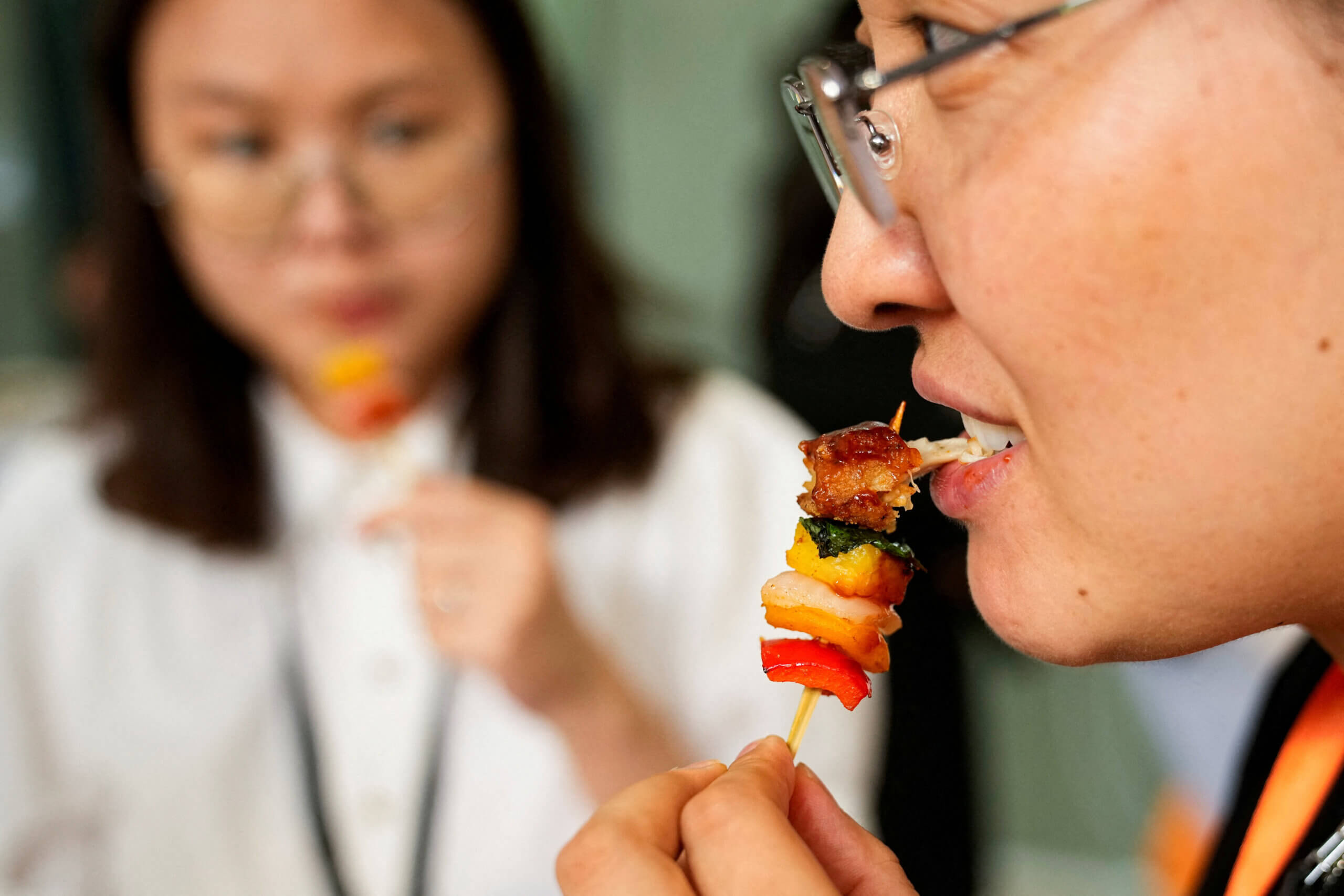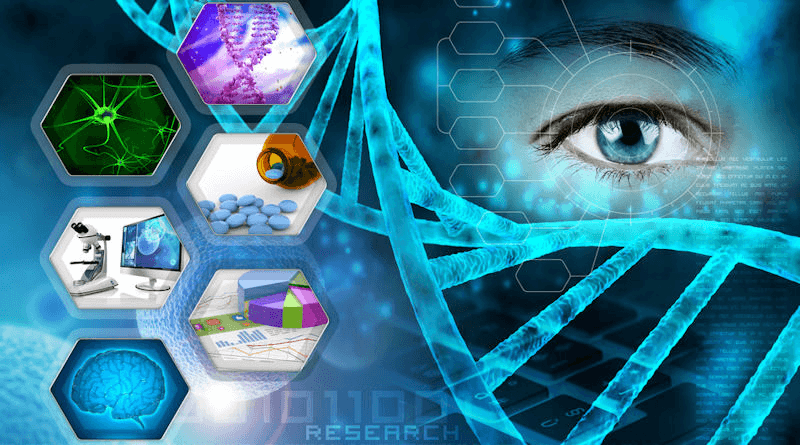I’m moreover bullish, nevertheless I would stage out that the biology/biotechnology revolution has been underway for better than half a century. In 1969, with my newly minted MIT bachelor’s diploma in hand and a reproduction of James Watson’s “The Double Helix” in my suitcase, I headed for grad college (and finally med college) in California.
Over time, I’ve had a front-row seat on the biotech revolution. As a grad scholar, I did evaluation for a time inside the laboratory of Renato Dulbecco, who, various years later, would win the Nobel Prize in Medicine or Physiology for “discoveries concerning the interaction between tumor viruses and the genetic supplies of the cell.” In a single different lab, in 1971, I was the co-discoverer of the enzyme in flu virus that replicates its RNA genome.
A decade later, whereas an official on the FDA, I headed the workforce that evaluated and permitted in doc time the first biopharmaceutical, human insulin (Humulin). I’ve written dozens of articles and two books about advances in biotechnology.
Schmidt is true that the revolution is accelerating, due largely to extremely efficient new evaluation utilized sciences. He believes that we is also on the verge of a “ChatGPT second” in biotechnology:
AI fashions expert on natural sequences would possibly design novel proteins, predict most cancers progress, and create completely different useful consumables. Ultimately, AI may have the power to help us run through 1000’s and 1000’s of theoretical and exact natural experiments, further exactly predicting outcomes with out arduous trial-and-error — vastly accelerating the velocity of latest discoveries.
The USA has been adept at inventing The Subsequent Enormous Issue nevertheless usually stumbles within the case of exploiting it. From automobiles to electronics, photograph voltaic panels, and semiconductors, this pattern has been repeated. Schmidt fears that biotechnology may probably be subsequent.
How would possibly that happen? A technique is dependence on completely different nations for important elements of the strategy, from raw provides to data storage. We now have now seen that phenomenon in China’s manufacturing of many intermediates in pharmaceutical manufacturing, Taiwan’s dominance inside the manufacturing of semiconductors, and in quite a few nations’ administration over unusual elements utilized in electrical autos’ batteries, as an example.
This isn’t almost consolation – falling behind would threaten every our nationwide security and prosperity.
America can nonetheless be a pacesetter. We now have to make investments – aggressively and intelligently. Developing a sturdy house present chain and training the next period of biotech specialists is perhaps vital. The federal authorities can help in two important strategies. First, by supporting pre-commercial, major evaluation; second, by retooling regulation by FDA, EPA, and USDA, all of which have inhibited biotech R&D for a few years.
Nonetheless the initiative ought to primarily come from the non-public sector—just because the CHIPS and Science Act impressed funding in semiconductors.
Biotech already fuels a great portion of the U.S. financial system; as of 2023, seven of the ten best-selling drugs have been biopharmaceuticals. Its potential to unravel myriad points and create additional wealth is gigantic.
Eric Schmidt makes some daring nevertheless plausible predictions: Biotechnology “will disrupt every enterprise and principally reshape our widespread lives: new fertility cures will rework parenthood; cellular reprogramming would possibly start to reverse the getting older course of; biocomputing will power the pc methods of tomorrow.”
They’re all achievable. Let’s start laying the groundwork.
Henry Miller, a health care provider and molecular biologist, is the Glenn Swogger Distinguished Fellow on the American Council on Science and Nicely being. He was the founding director of the FDA’s Office of Biotechnology. Uncover Henry on X @HenryIMiller.





